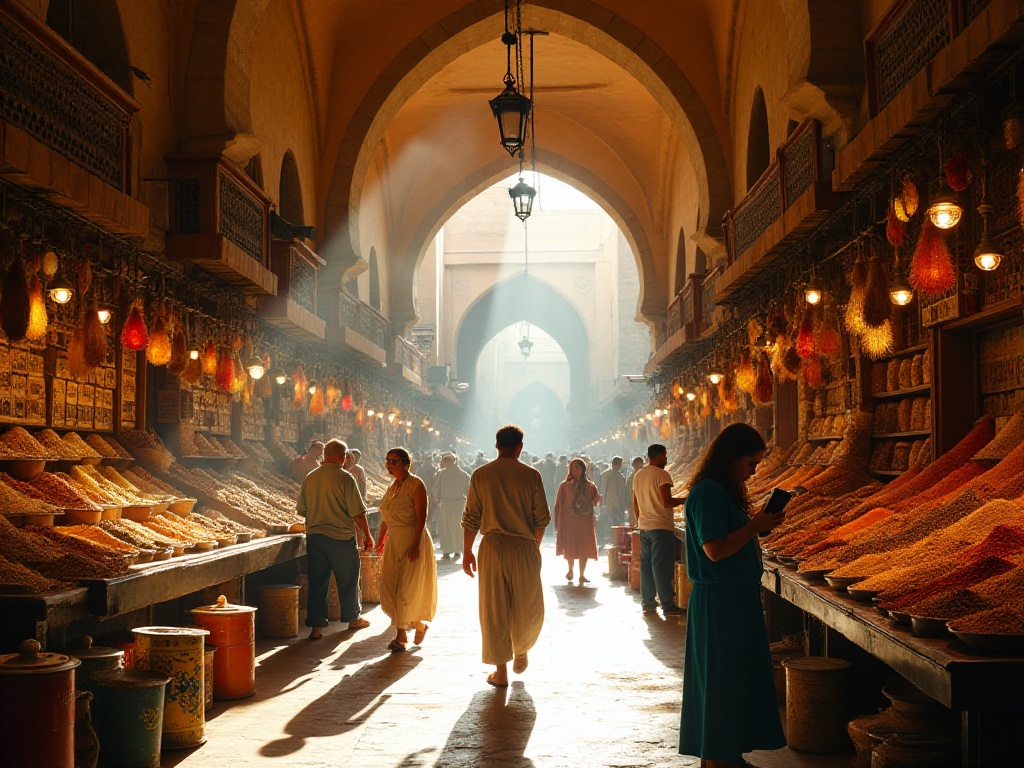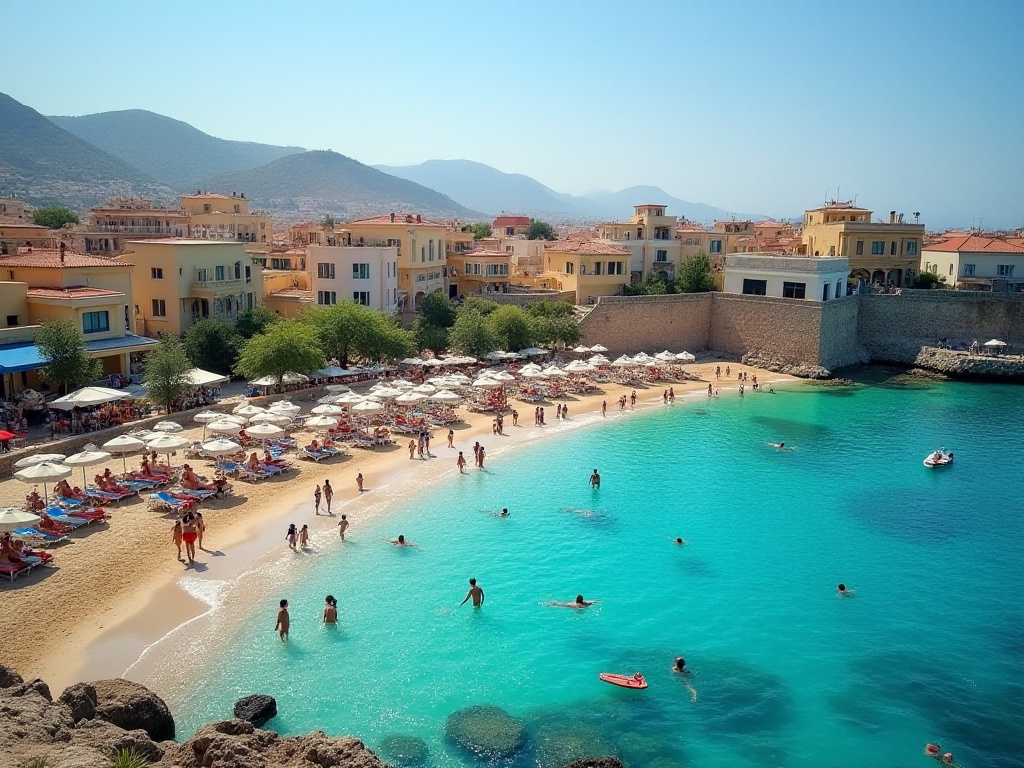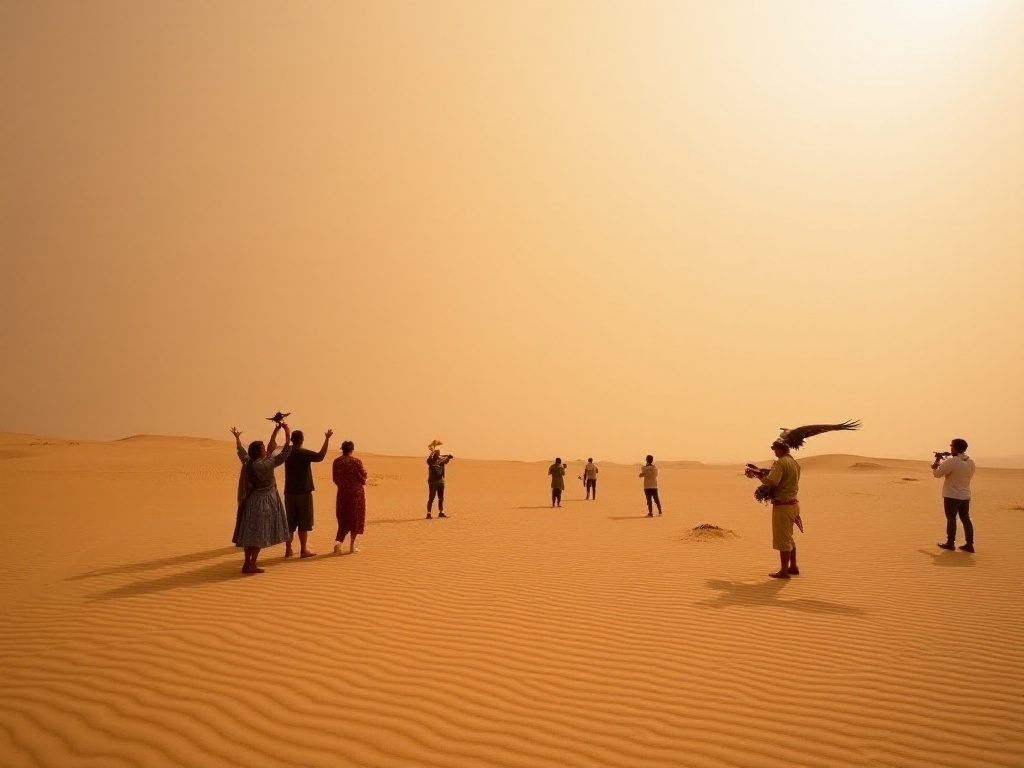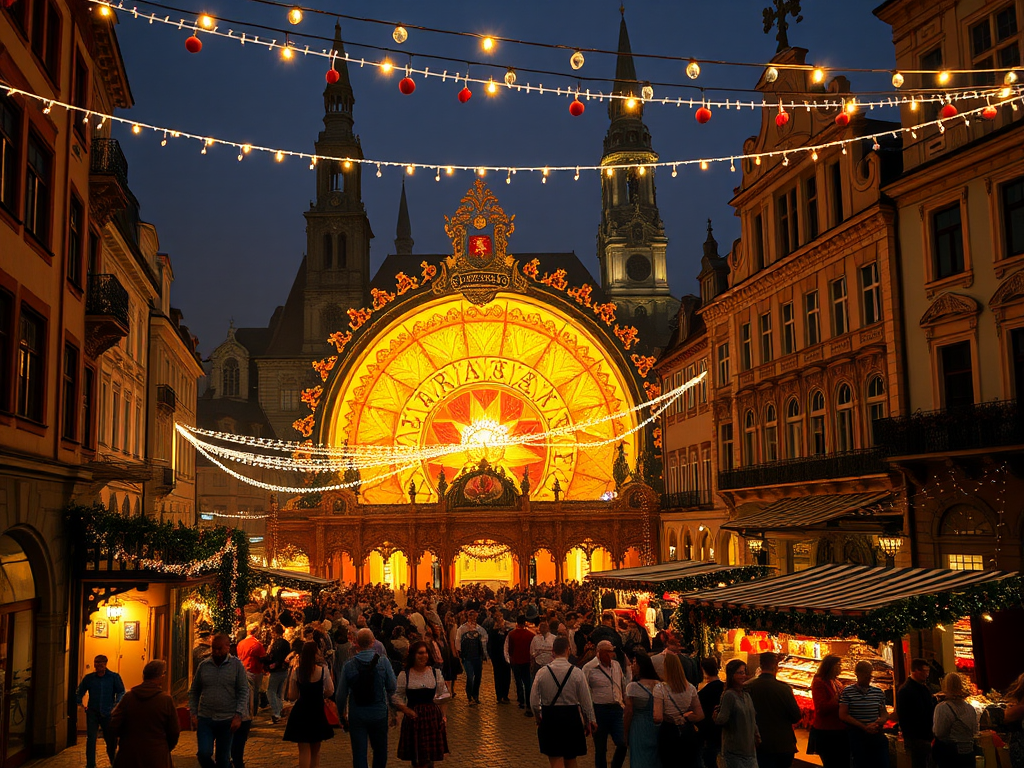Choosing the Season
Fellows, have you often encountered this situation: After carefully saving vacation days for a year and meticulously planning a spontaneous trip, you arrive at your destination only to find - oh my! Not only are there massive crowds, but accommodation prices have skyrocketed, and you even have to queue just to take a photo. As an experienced travel blogger who has traversed the country and seen it all, I deeply understand how crucial choosing the right season is for your travel experience.
Today, I'll chat with you about how to avoid following the crowds and plan your journey more intelligently. Trust me, choosing the right season not only keeps your wallet fuller but also leads to unexpectedly wonderful experiences - it's absolutely a key to successful travel.
Peak Season Traps
When it comes to travel seasons, many people's first instinct is to "follow the crowd." While the thinking that "places with lots of people must be worth visiting" isn't wrong, is it really worth spending your entire savings just to "go with the flow"?
Let me give you a classic example. The Caribbean is absolutely packed from December to April of the following year. Yes, the weather is indeed fantastic during this time, with delightful sunshine that lifts your spirits, but this comes with sky-high accommodation costs. Hotel prices typically increase by 40%-60% as a standard practice, and for particularly popular resorts, seeing prices double or triple isn't unusual.
My experience in the Bahamas last winter still makes my wallet ache: a basic ocean-view room that normally costs just over $200 in the off-season shot up to $500 during peak season, and you'd be lucky to even get a booking! Rooms were incredibly scarce! Not to mention queuing for various services until you question your life choices, and even having to make dinner reservations several days in advance.
Imagine spending half a year's savings just to sunbathe on a crowded beach while constantly dodging other people's selfie sticks - it's an experience that really makes you wonder whether it's worth it.
Off-Season Charm
When it comes to off-season travel, many friends start to hesitate. "What if the weather is bad?" "Will facilities be closed?" "Will it be boring?" I understand these concerns, but with proper preparation, off-season travel can bring unexpected delights.
Taking the Caribbean again as an example, summer is indeed the so-called "hurricane season," but the prices during this time are screaming good deals! Often just half the peak season prices, or even less. Plus, by checking historical weather data, you can completely avoid the periods when hurricanes are most likely to occur.
My vacation in Jamaica last June was truly a peak life experience! I stayed in an amazing beachfront villa for just one-third of the peak season price. And the best part? I basically had the entire beach to myself! No worries about someone stepping on your towel, no queuing for photos - you can shoot however you want. Lying on the beach at night stargazing - that feeling is priceless.
Another advantage of the off-season is that locals are more welcoming. With fewer tourists, they have more time to chat with you and introduce you to secret spots that only locals know about. In Jamaica, I met an incredibly friendly local guide who took me to several hidden gems that you won't find in any travel guide - places that would be impossible to visit during peak season.
Shoulder Season Advantages
If you think peak season is too expensive but are worried about the off-season, then shoulder season is absolutely your best choice. Spring and autumn are such golden periods, truly a blessing for savvy travelers.
I particularly want to mention Europe in September-October. The weather is still comfortable, but tourist numbers have significantly decreased. Importantly, hotel prices are about a third cheaper than summer, and flights are easier to book at reasonable prices. I especially love visiting the Netherlands during this time, when you can truly immerse yourself in the most authentic lifestyle.
Last autumn, I spent an unforgettable two weeks in Amsterdam. The cafes along the canals were no longer crowded with camera-wielding tourists, but instead filled with locals reading books and chatting. My favorite activity was renting a bicycle and slowly riding along the canals, watching the plane trees gradually turn yellow, experiencing autumn's unique romance. Sometimes you might encounter street performers doing impromptu shows - that atmosphere is something you just can't experience during peak season.
Moreover, another advantage of shoulder season is that you'll meet more travelers like yourself who know how to "calculate carefully." Everyone chooses to travel at this time for a better experience, so you often meet particularly interesting travel companions. In Amsterdam, I met a couple from Australia who had been choosing to come to Europe during this season for three consecutive years. We visited several local favorite restaurants together, shared many interesting travel experiences, and still keep in touch.
Destination Guide
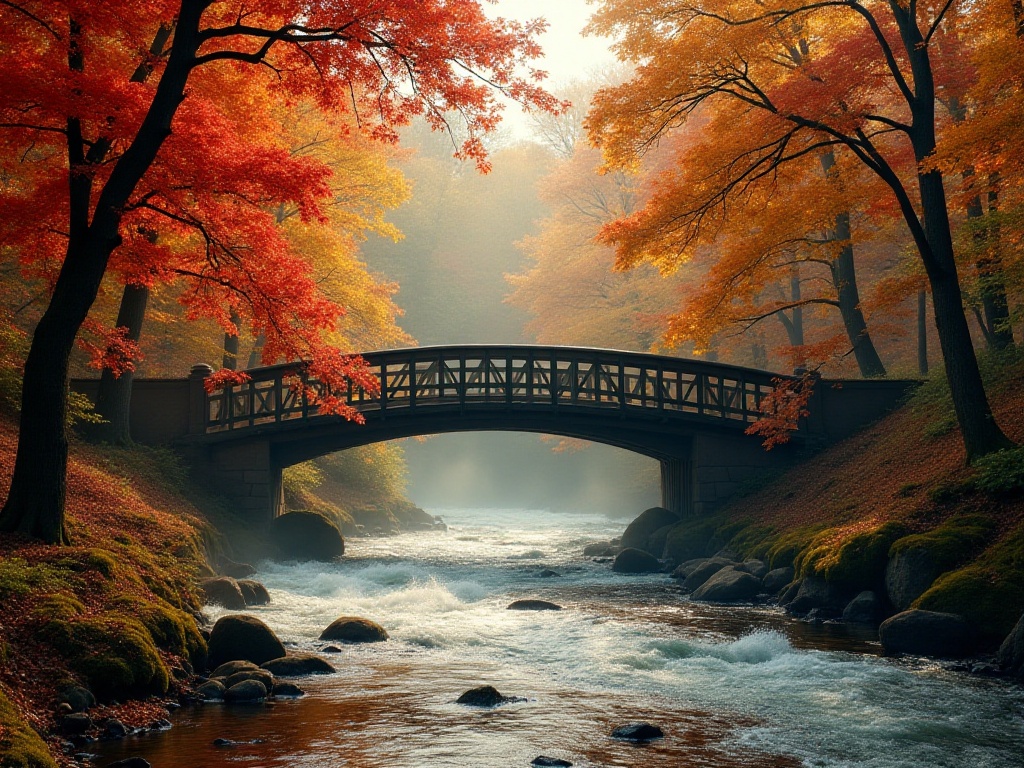
Spring Selection
When it comes to spring travel, many people's first thought is seeing cherry blossoms in Japan. But let me tell you a little secret: you don't have to stick to Tokyo's cherry blossom season. By late March, cherry blossoms in Kyushu are already blooming, almost two weeks earlier than Tokyo. During this time, flights are incredibly cheap, and accommodations are much easier to book.
That's exactly how I did it last year. I arrived in Fukuoka in late March and slowly made my way north through Kyushu. The cherry blossoms at Kumamoto Castle were breathtakingly beautiful, and the best part was not having to worry about being packed like sardines in crowds. While having a picnic under the cherry trees, I met some local university students who were having a hanami party. We ended up drinking and chatting together, spending an unforgettable afternoon. Do you think this kind of experience would be possible in Tokyo's Ueno Park during peak season?
Kyushu in spring isn't just about cherry blossoms; there's much more to enjoy. For instance, the hot springs in Beppu are perfect during this time. Many local outdoor onsen are too cold in winter and too hot in summer, but spring is just right. While soaking in an outdoor bath at a century-old establishment, watching cherry blossom petals float down into the hot spring pool - that scene still feels like a dream when I think about it.

Summer Experience
When it comes to summer travel, the Mediterranean coast is many people's top choice. But I advise everyone, absolutely avoid the furnace-like months of July-August. Early June or early September is the best time, when you can enjoy perfect sunshine and sea without enduring extreme heat and crowds.
My experience in Santorini, Greece in early June last year was absolutely amazing. Do you know how hard it is to book those Instagram-famous cliff restaurants normally? During peak season, you need to book at least three months in advance, and you might not even get a good spot. But when I went, I could easily book the best viewing spots. Sitting on the cliff edge in the evening, enjoying fresh seafood while watching the world's most beautiful sunset - that feeling was incredible!
Plus, in the Mediterranean region during summer, many lesser-known beaches are particularly worth visiting. For example, some hidden bays on Crete are occupied by tour groups during peak season, but in early June, you might even have them to yourself if you're lucky. I spent three days at a small bay recommended by locals, and the entire beach had just a few people - it was literally paradise.
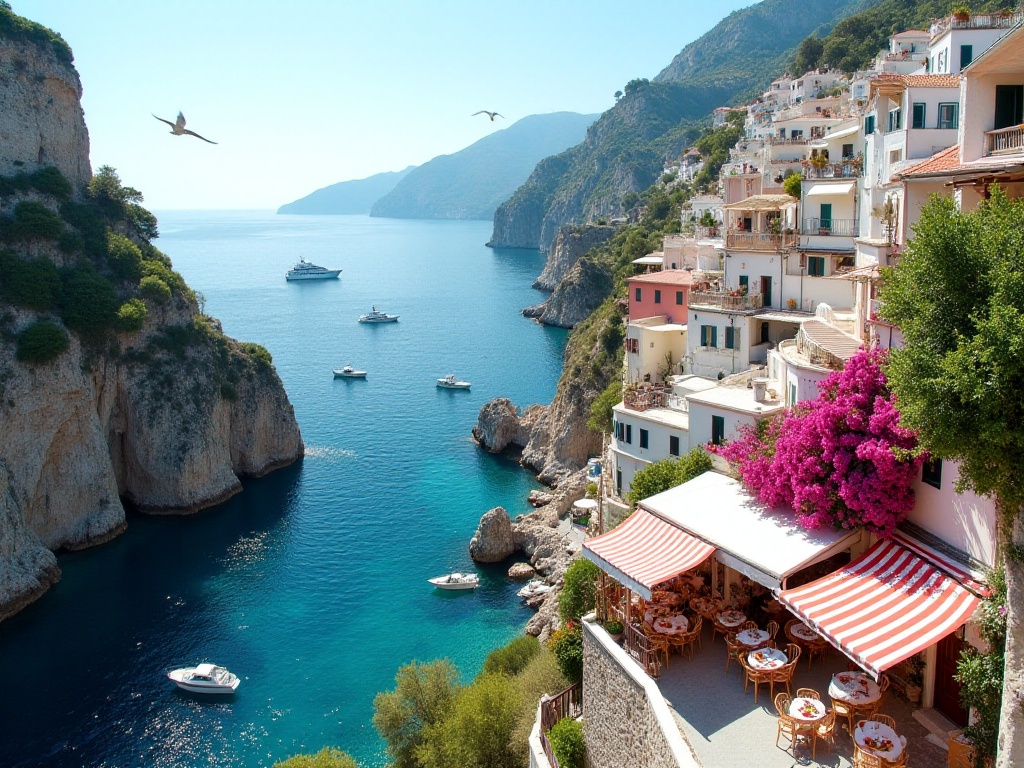
Autumn Scenery
When talking about viewing fall foliage, many people think of New England in the United States. But I have to say, just visiting Vermont is a shame - Maine's autumn colors are equally spectacular, with far fewer tourists. Especially Acadia National Park - the autumn scenery is like a movie set.
I spent a week there last year, watching sunrise from different viewpoints every morning. Red leaves, coastline, lighthouse - these elements blend perfectly together, creating stunning photos with minimal effort. What delighted me most was frequently seeing wildlife. One morning on the way to Thunder Hole, I actually saw a moose casually grazing - this kind of experience is practically impossible during the busy peak season.
Moreover, autumn in Maine offers much more than just scenery. For instance, it's the perfect lobster season, with prices half of peak season, and the taste is especially good. The lobster roll I had at a local restaurant still makes my mouth water when I think about it. The owner told me that autumn lobsters have the best meat quality because they're storing energy for winter.
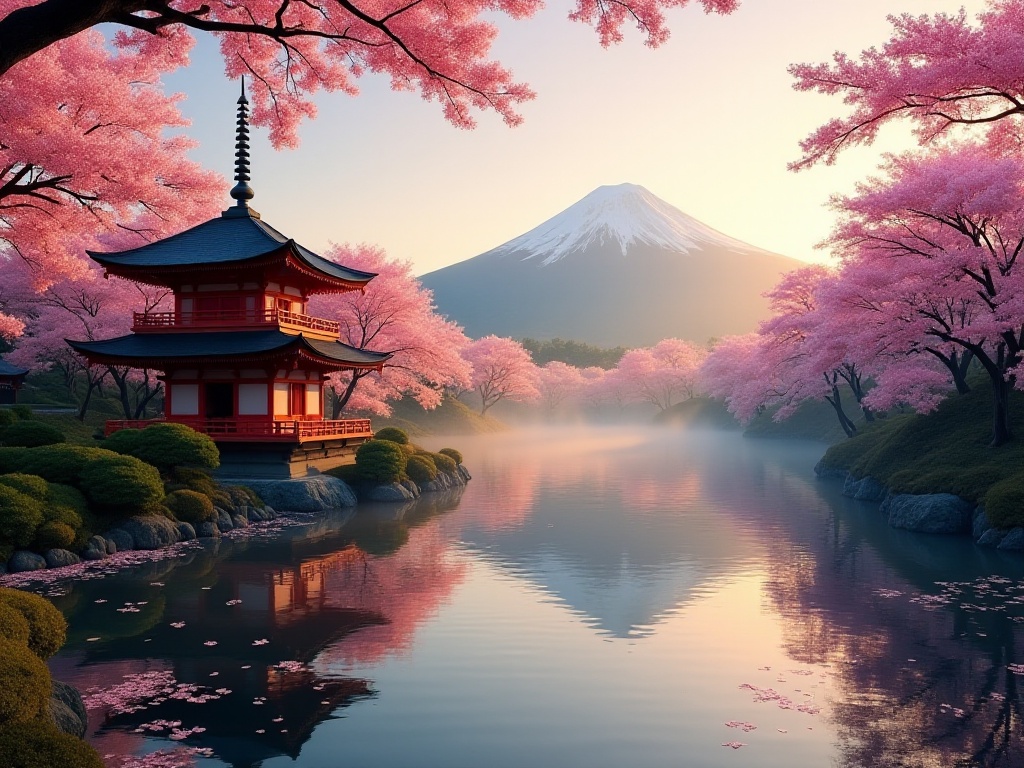
Winter Charm
When it comes to winter travel, Swiss ski resorts are many people's dream destination. But I advise you to absolutely avoid the Christmas-New Year period. The prices at places like Zermatt and St. Moritz will make you question your life choices. Actually, going in early December or March offers much better value.
My skiing experience in Zermatt last March was absolutely perfect. A week of blue skies and white clouds, excellent snow conditions, and very low chances of fog. Most importantly, no long queues for cable cars, and fewer people on the slopes, allowing you to ski freely. That feeling of skiing in the sunshine with the Matterhorn in the distance is truly priceless.
Plus, winter in Switzerland offers many experiences beyond skiing. For example, visiting hot spring towns and soaking in thermal waters surrounded by snow-capped mountains is incredible. I stayed in a small town near Rhine Falls for a few days, waking up to mountain views every morning and soaking in hot springs under the stars at night - it was much more enjoyable than queuing at crowded ski resorts.
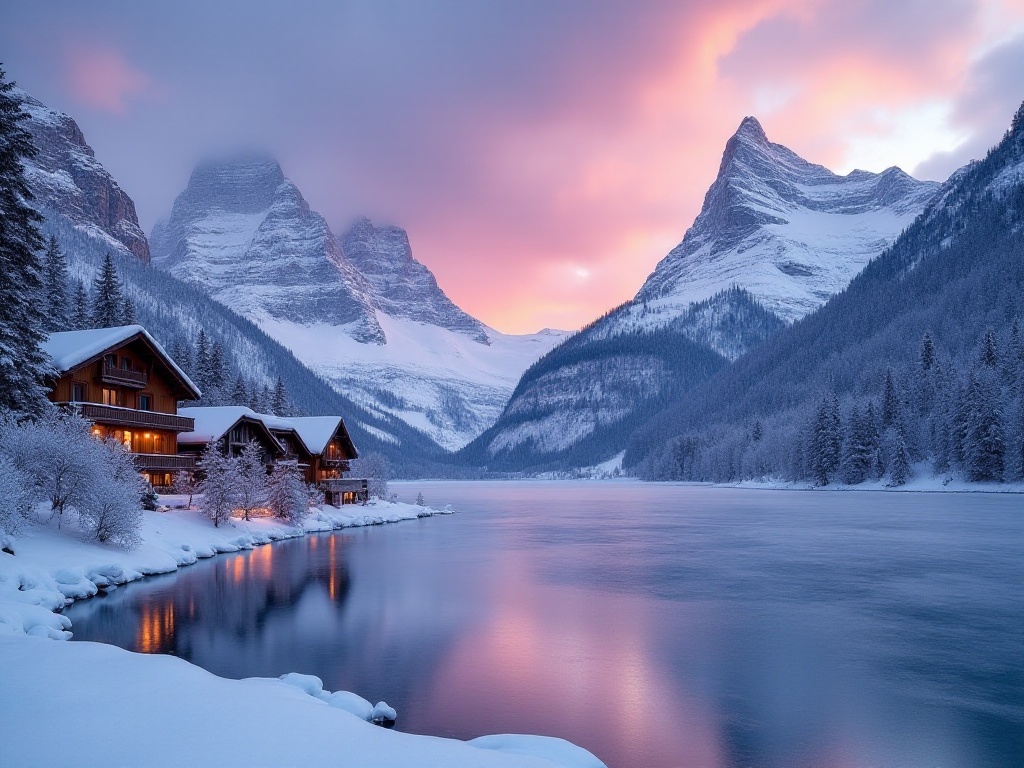
Practical Advice
After sharing all this, let me summarize the key points for choosing travel seasons:
First is monitoring price fluctuations. There are many flight comparison websites and apps now, and I recommend starting to track prices six months in advance. I usually set price alerts so I can act immediately when good deals appear. The same goes for accommodation - many hotels offer special off-season deals, but you need to be quick.
Second is understanding local festivals and events. Some festival activities are indeed worth experiencing during peak season. For example, the Venice Carnival and German Oktoberfest, although crowded and expensive, offer atmospheres you can't experience at other times. But for regular sightseeing, there's really no need to go during the busiest times.
Third is researching weather conditions. I habitually check historical weather data for the same period to have a better understanding. But don't worry too much about weather - sometimes rainy days can bring unexpected surprises. When I encountered flooding in Venice, I actually experienced the most authentic Venetian life.
Finally, I want to say that the most important aspect of travel isn't visiting the most popular places, but finding the rhythm that suits you best. Each season has its unique charm; the key is discovering it. I hope my sharing helps you make wiser choices for your next trip.
Actually, choosing a travel season is like choosing a life encounter. Each season holds different stories; the key is having eyes that can discover beauty. As I often say, the meaning of travel isn't about how far the destination is, but how many different landscapes you can discover. So, let go of your attachment to peak seasons and try experiencing the world in different ways!


